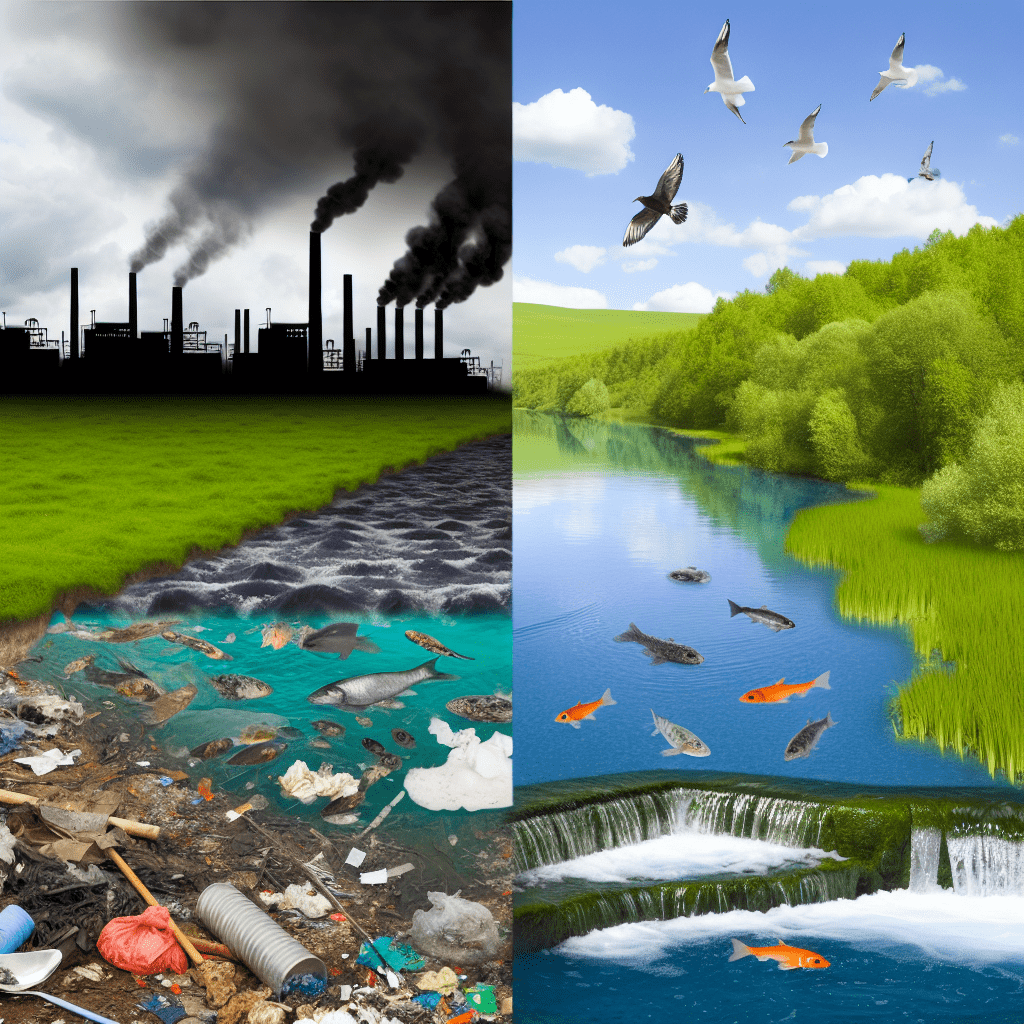”
Despite extensive freshwater resources, Russia contends with substantial water quality issues. This article delves into these challenges, their origins, and proposes paths towards cleaner, safer water for its citizens.
Russia’s water quality problems predominantly emerge from industrial pollution, agricultural runoff, inadequate wastewater treatment, and the mounting impacts of climate change.
Key pollutants in Russian waters include harmful heavy metals, noxious industrial effluents, untreated sewage, and excess nutrients resulting in harmful algal blooms. These pollutants pose serious health risks, disrupt complex aquatic ecosystems, and put immense pressure on the country’s water treatment facilities.
While legislation like the Water Code of the Russian Federation aims to address these issues, enduring water quality problems emphasize the urgency for more integrative, sustainable strategies.
Addressing Russia’s water quality requires stricter regulations on polluters, significant investment in modern wastewater treatment technology, the promotion of sustainable agriculture practices, and the adoption of climate-resilient water management strategies.
Furthermore, enhancing public participation, education, and awareness are critical in this endeavor. Nationwide campaigns promoting water conservation, reducing pollution, and highlighting the importance of clean water can induce transformative societal changes.
In conclusion, while the journey towards improved water quality in Russia may seem formidable, it’s indeed possible. With the solid implementation of policy, technological advancements, and widespread public involvement, Russia can transition from challenged rivers to a future of pure springs.
By FountainGO!

